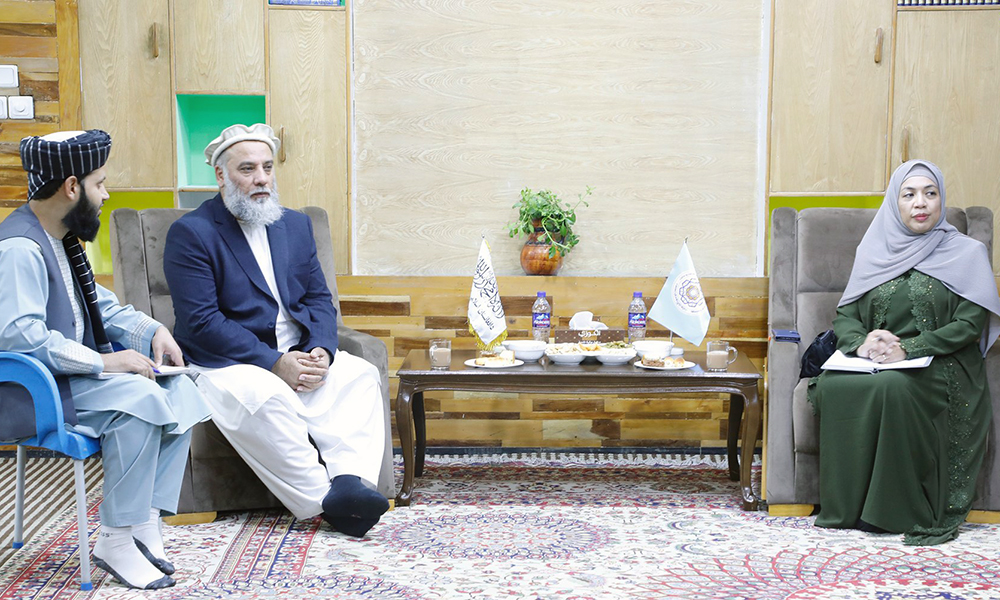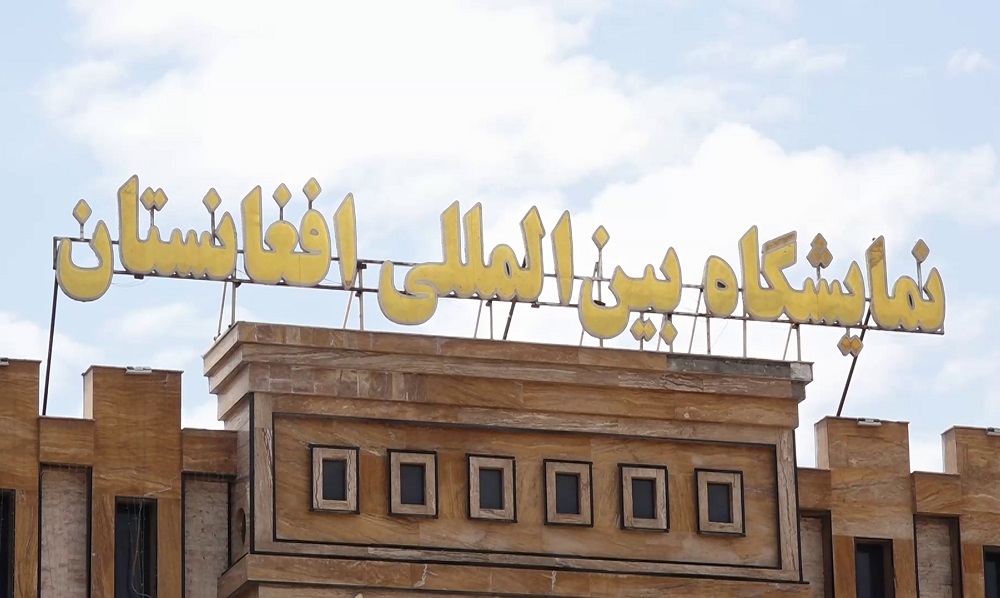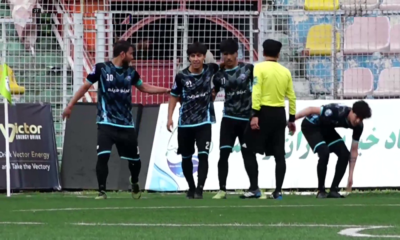Business
World Bank to push ahead with some Afghan projects

The World Bank has resumed work on three projects in Afghanistan focused on health, agriculture and livelihoods, but will maintain a hold on some $150 million for education projects, two sources familiar with the decision said Tuesday.
The multilateral development bank had put all four projects, valued at around $600 million, on hold in late March, citing its deep concerns over the Islamic Emirate’s ban on girls attending public high school.
Group of Seven partners and other major donors to the Afghanistan Reconstruction Trust Fund (ARTF) will meet to discuss the country’s mounting economic and food security problems on Friday during the spring meetings of the International Monetary Fund and the World Bank, the U.S. Treasury announced on Monday.
Some multilateral organizations, including the IMF, the United Nations Assistance Mission in Afghanistan (UNAMA) and the Islamic Development Bank, will also take part, one of the sources said.
When it halted work on the four programs, the World Bank noted that its policies required all ARTF-financed activities to support access to – and equity of services for – women and girls in Afghanistan.
Officials decided to “resume preparations” for the three non-education projects, valued at around $450 million, given the deepening economic crisis in Afghanistan worsened by rising food and energy prices triggered by Russia’s war in Ukraine, one of the sources said.
Russia calls its actions “a special military operation.”
The World Bank last week issued a dire outlook for Afghanistan’s economy, noting that per capita income had fallen by over a third in the last four months of 2021 following the seizure of power by the Islamic Emirate (IE) as U.S.-led foreign forces withdrew.
It said around 37% of Afghan households did not have enough money to cover food while 33% could afford food but nothing more.
When it agreed to free up ARTF funds for new projects to be implemented by U.N. agencies, the World Bank had stipulated that it expected a “strong focus on ensuring that girls and women participate and benefit from the support.”
The Islamic Emirate of Afghanistan (IEA) has unraveled gains in rights made by women during the last two decades, including restricting them from working and limiting their travel unless accompanied by a close male relative. Most girls were also barred from going to public school beyond seventh grade.
Business
Azizi calls on Malaysian investors to invest in Afghanistan

Nooruddin Azizi, Acting Minister of Commerce and Industry, met with representatives from the ministries of foreign affairs, defense and interior of Malaysia, along with other senior officials, on Wednesday and called on Malaysians to invest in Afghanistan.
The visiting delegation is being led by senior diplomat Dr. Shazelina Zainul Abidin.
According to the IEA’s foreign ministry, the two sides discussed bilateral trade, holding a business communication conference to strengthen trade relations between the two countries, the trade balance between Afghanistan and Malaysia, and creating a market for Afghan products, including carpets, cotton, and minerals.
According to the ministry, at the end of the meeting, the Acting Minister emphasized the increase of investment from regional countries in Afghanistan and called on Malaysian investors to also invest in Afghanistan.
Business
Afghanistan starts exporting via railway to Turkey

The Ministry of Interior says that Afghanistan has started exporting goods to Turkey via the Herat-Khaf railway line.
In a post on X, the ministry said: “Afghanistan’s exports to Turkey started in a calm atmosphere through the Herat-Khaf railway line.”
The ministry added that one train will run daily for a month and then two trains will run daily.
According to the ministry, the security of Khaf-Herat railway line is provided by the guards of the National Public Protection Agency.
Khaf-Herat railway project not only connects Iran and Afghanistan by rail, but also completes a 2,000-kilometer route along the east-west rail corridor from China, through Uzbekistan, to Afghanistan, to Iran, and on to Turkey and Europe.
As a landlocked country, this railway network will provide a safe route to connect with Europe via Iran’s railway network and Iran’s southern ports.
This railway line is strategic for trade between Iran and Afghanistan and will allow six million tons of goods to be sent between the two countries.
Business
Afghanistan, Kazakhstan to hold joint expo in Kabul

A joint expo between Afghanistan and Kazakhstan will be held in Kabul in the next four days, officials said on Sunday.
Officials of the Ministry of Industry and Commerce said that the two-day expo will be held for the purpose of expanding and strengthening trade relations between the two countries.
“This expo will be held as a follow-up of the Kazakh-Afghan international expo, which was held in the city of Astana, Kazakhstan, with the participation of a large delegation of the government and the private sector of the Islamic Emirate of Afghanistan,” Abdulsalam Javad Akhundzadeh, the spokesman of the Ministry of Industry and Commerce, said.
“At this expo, domestic products from different sectors of Afghanistan and the Republic of Kazakhstan will be put on display for two days.”
According to officials, 40 large Kazakh companies, and 40 large Afghan companies will exhibit their products.
Mohammad Saber Latifi, head of the Afghanistan International Expo Center, said that fruits, minerals and commercial services will be displayed at the expo.
During the expo, various memorandums of understanding for the trade of goods are also expected to be signed by companies.
-

 Latest News4 days ago
Latest News4 days agoRashid Khan named AWCC’s brand ambassador
-

 Regional5 days ago
Regional5 days agoIranian president lands in Pakistan for three-day visit to mend ties
-

 Sport5 days ago
Sport5 days agoKolkata beat Bengaluru by one run in IPL as Kohli fumes at dismissal
-

 Sport5 days ago
Sport5 days agoACL: Aino Mina 3-0 Istiqlal Kabul; Attack Energy 3-0 Khadim
-

 Climate Change5 days ago
Climate Change5 days agoRescuers race to reach those trapped by floods in China’s Guangdong
-

 World4 days ago
World4 days agoMalaysian navy helicopters collide in mid-air, 10 killed
-

 Sport4 days ago
Sport4 days agoJaiswal ton powers Rajasthan to big IPL win
-

 World3 days ago
World3 days agoNorth Korea officials visit Iran in a rare public trip
























